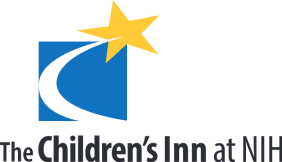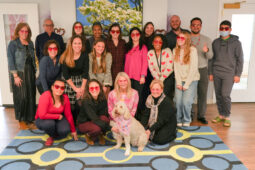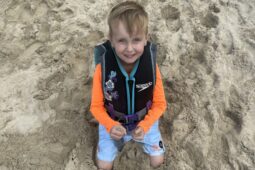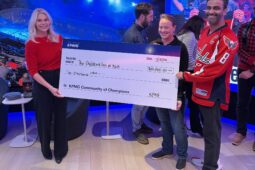Javier Shares What Cancer Taught Him
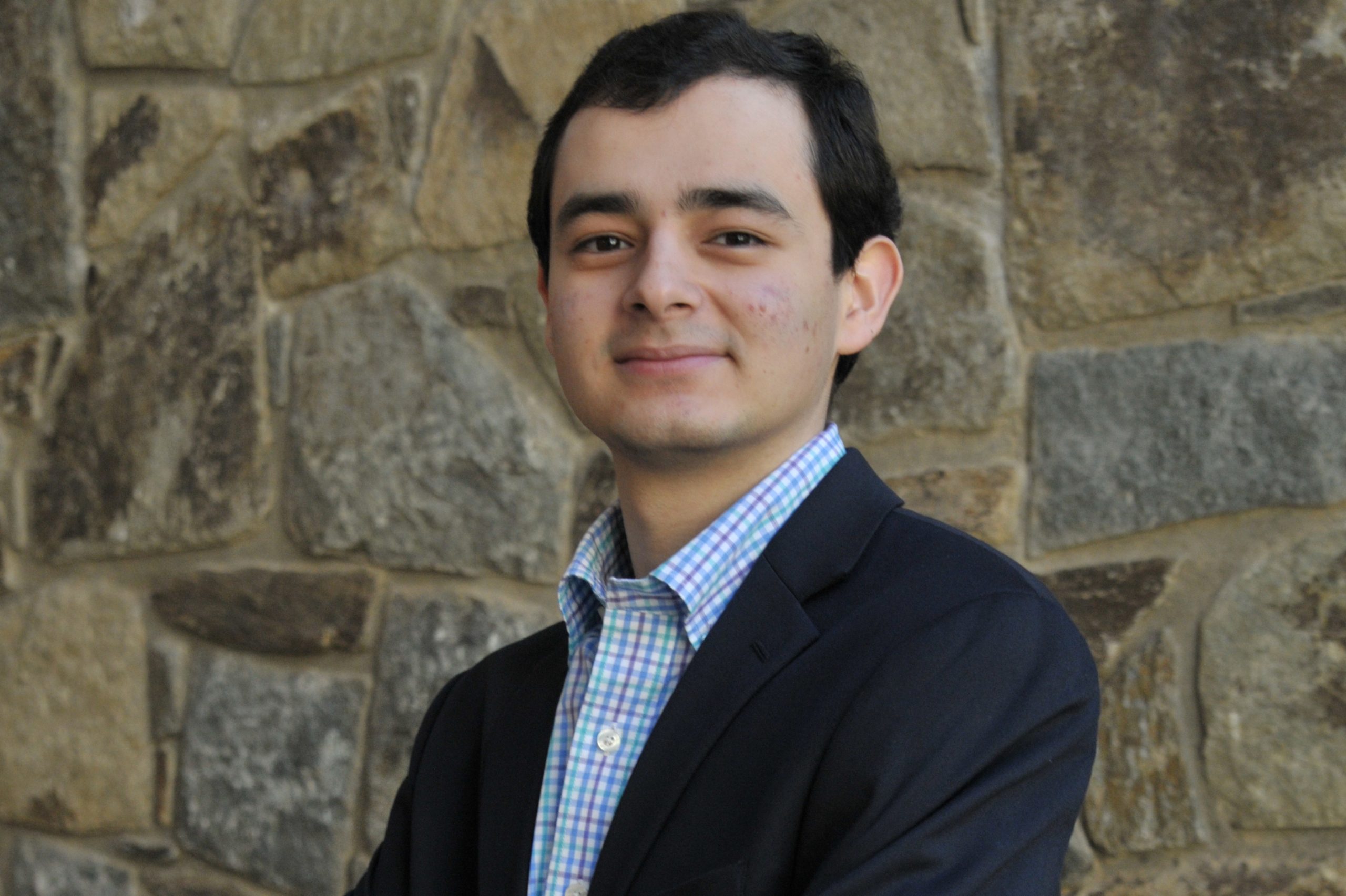
By the summer of 2016, I thought I had figured out this labyrinth called life. I had just completed my first year at Bates College in Maine and was looking forward to spending my summer vacation at home in El Salvador. Re-uniting with friends and starting an internship at a prestigious think tank was all in my plans. After years of trying throughout high school, I also had finally become a monthly columnist for El Salvador’s top newspaper, combining my passion for writing with political analysis. Life felt like a clip from a Zack Brown Band song – happy, free, limitless. “Playa,” as we say in Spanish.
I was growing intellectually and professionally, and I felt like nothing could stop me. However, halfway through the summer, I noticed a small lump on my neck. As it grew larger, I went to the doctor – more out of curiosity than concern. Labs, scans, biopsies and surgeries followed. The diagnosis of lymphoma, a type of blood cancer, sent shock waves through my world. Hearing the word “cancer” was dizzying. I was appalled, angry and lost. All I wanted to do was sleep and escape into my dreams.
Suddenly, my life’s focus shifted from pursuing success to survival. I sought a second opinion on my cancer diagnosis, and my doctor sent my biopsy to the United States for analysis. The results were worse than I could have imagined: I had a very rare and aggressive cancer called adult T-cell leukemia/lymphoma, or ATLL.
I took a leave of absence from college and began six months of chemotherapy in El Salvador, a country with a sclerotic health system and a shortage of vital cancer drugs. When I needed a medication to help replenish my white blood cells, my doctors couldn’t track it down anywhere in the country. My dad had to drive to neighboring Guatemala to get it, with my life on the line. I often depended on blood transfusions, but having the rare blood type I have meant I also had to find blood donors myself.
Chemotherapy was tough on my body. I lost my hair and endured pain. Through it, I had to keep my situation a secret from my ill grandmother. I yearned to go back to college. Thoughts of a life that could have been haunted me.
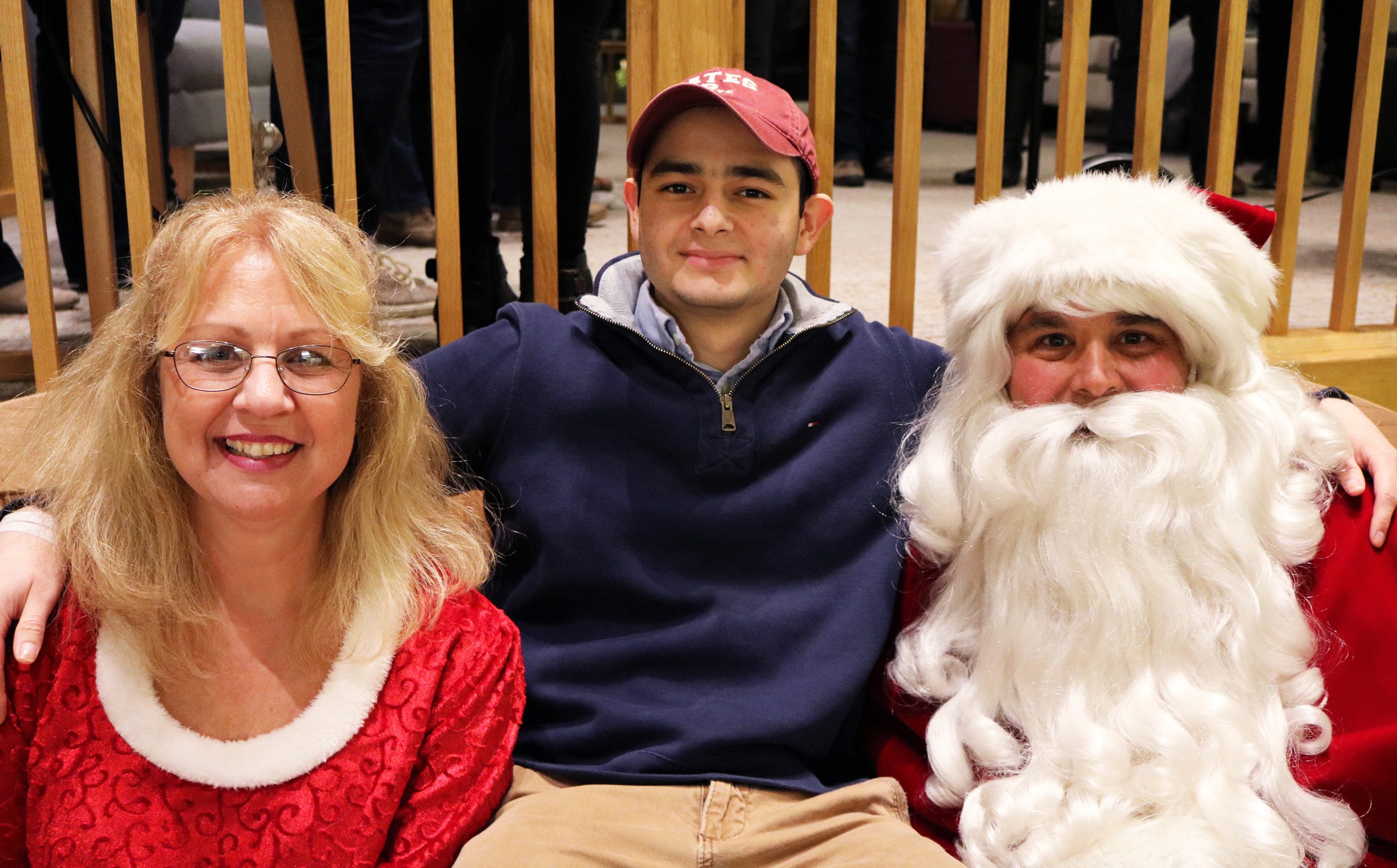
After completing chemo, I relapsed almost immediately. My only option was more chemotherapy followed by a bone marrow transplant. The cost was more than $1 million, and the procedure could only be performed in the United States. Thanks to a humanitarian health insurance, I was able to move to Miami. After five more months of treatment, I gained remission.
By then, my insurance balance was far gone, and I still needed the transplant. None of my family members were compatible donors, and searching the international donor registry was my only hope. Thankfully, a young man from Germany was a 100 percent match.
That’s when I learned about the National Institutes of Health, which provides experimental treatments as part of clinical trials free of charge to anyone who qualifies. I was lucky to qualify for a clinical trial involving transplants on cancer patients through the National Cancer Institute at NIH. After surviving care in the developing world, I was headed to the largest and best research hospital in the United States, a dramatically beautiful turn of events.
I arrived in Bethesda, Maryland, in July 2016 to get ready for my transplant, staying at The Children’s Inn at NIH, a nonprofit residence for children and young adults participating in pediatric clinical trials at the NIH. Staying at The Inn was also free thanks to the kindness of donors.
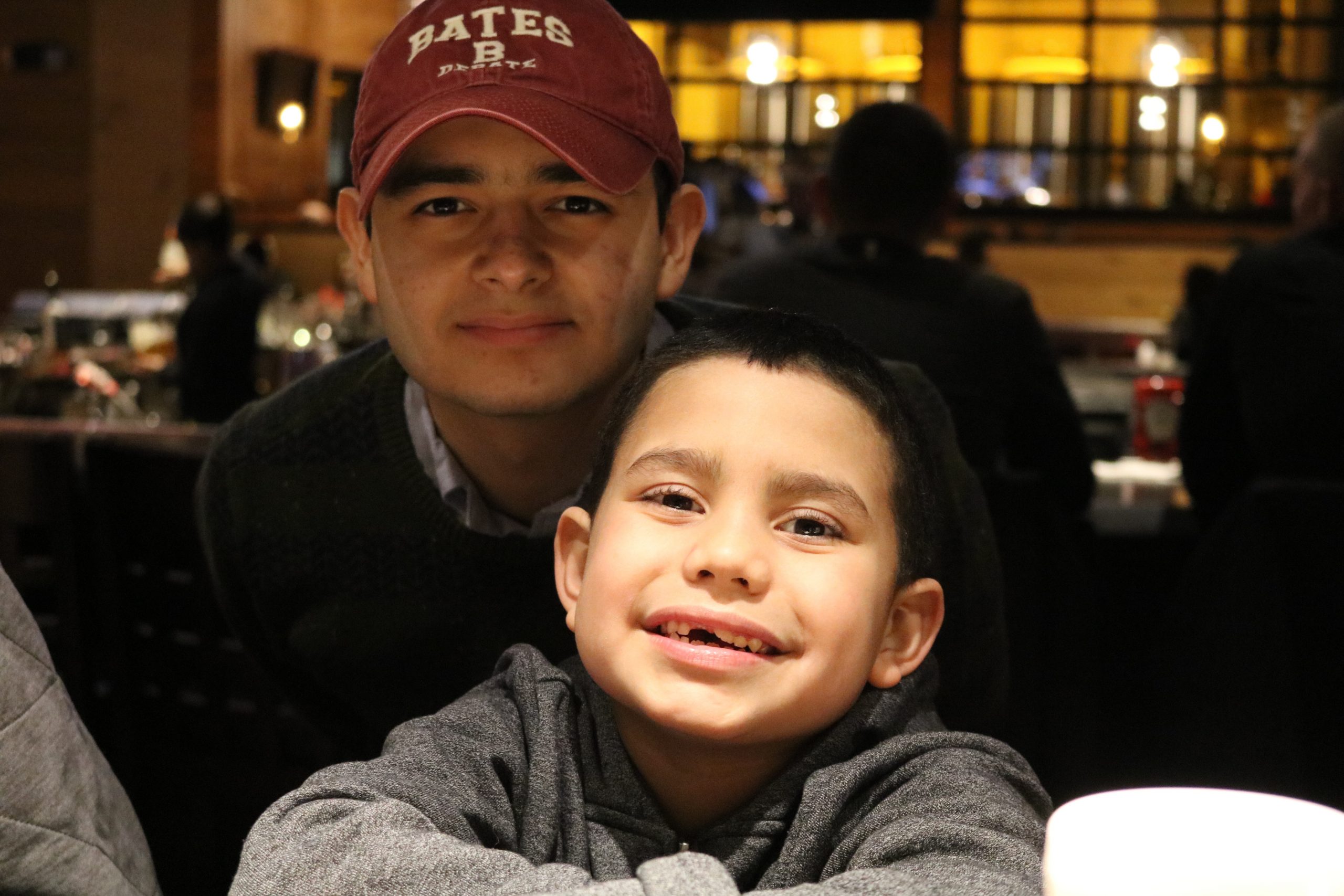
Here, on my journey to recovery, I witnessed the essence of human benevolence. The selfless decision of a 19-year-old from the other side of the world was helping save my life. At the NIH, I met caring doctors and nurses whose dedication to medical research was making a cure possible for me. And at The Children’s Inn at NIH, I was introduced to a group I had never known before but was now a part of: the rare-disease community. Among them, I met the most devout believers and the bravest warriors. I met children and young people with diseases that have no name and no cure. We were all there for clinical trials, at the frontlines of medical discovery. Our religions, races, genders and nationalities did not matter. We were all fighting, together, for a second chance. I made life-long friends. Though some are no longer with us, their legacies will last forever.
It’s been six months since my transplant, and my scans have all come back clean. I have begun making plans for the future again and look forward to returning to college, and writing and publishing more articles. But through my illness and the many brave and amazing people I have met on my long road to recovery, my outlook on life has changed in ways I haven’t fully processed yet.
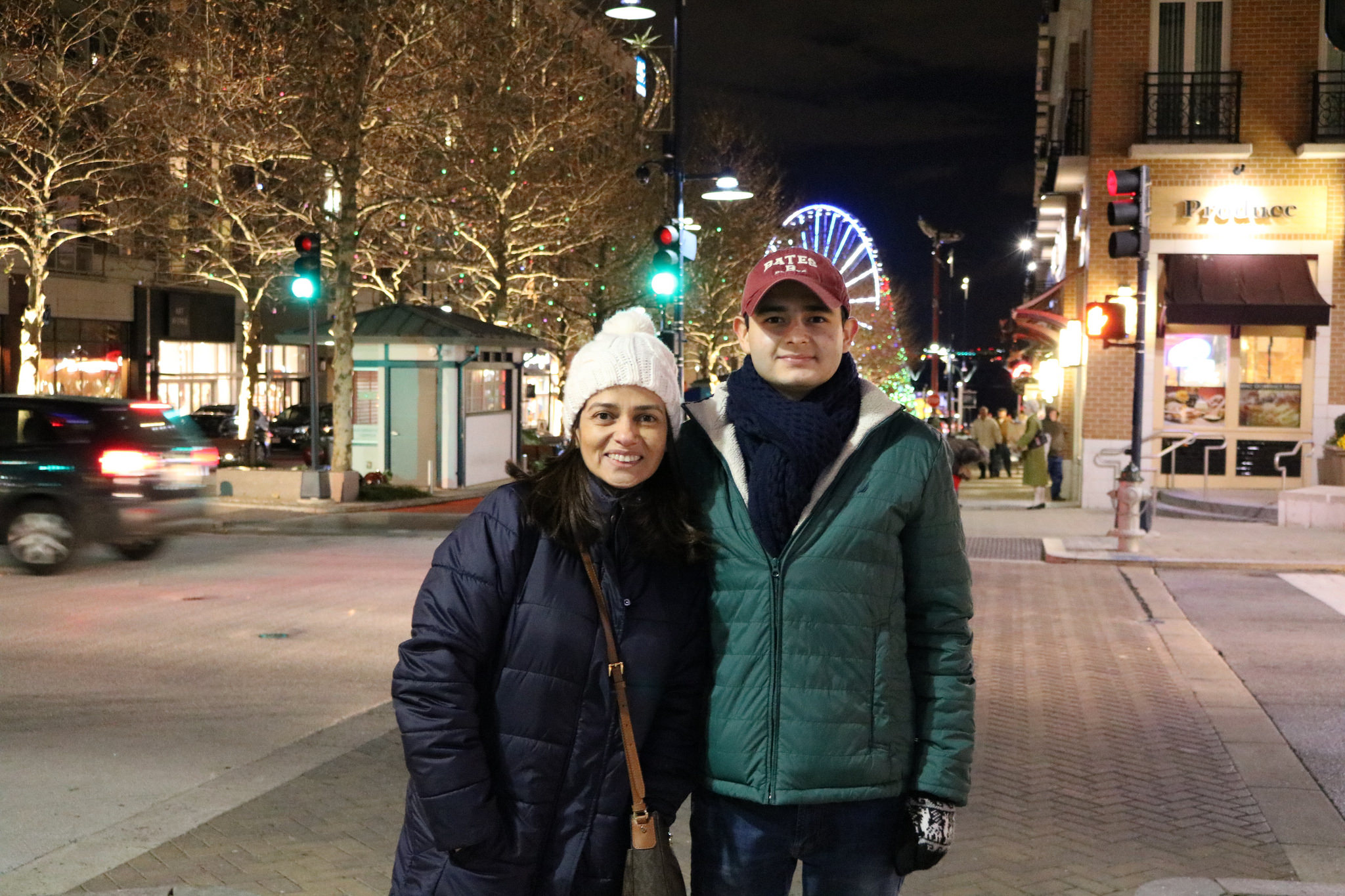
When you are seriously ill, the world seems to go on without you and ignore the fact that there are millions whose lives are affected by a rare or serious disease of some sort. I had to become one of them to realize how isolating their struggles are. And immersed in my new reality, I found a new purpose of helping and raising awareness of those who suffer while fighting rare diseases. This is why I am sharing my story.
I owe so much to the goodwill of others – I owe my transplant and life to a generous young stranger from across the world; I owe my medical treatment to researchers at the NIH working day and night to find and make safer new treatments for patients like me; I owe gratitude to the people around the world who prayed for me, and I owe so much of my emotional health and well-being to The Children’s Inn and the kind supporters who fund this wonderful place.
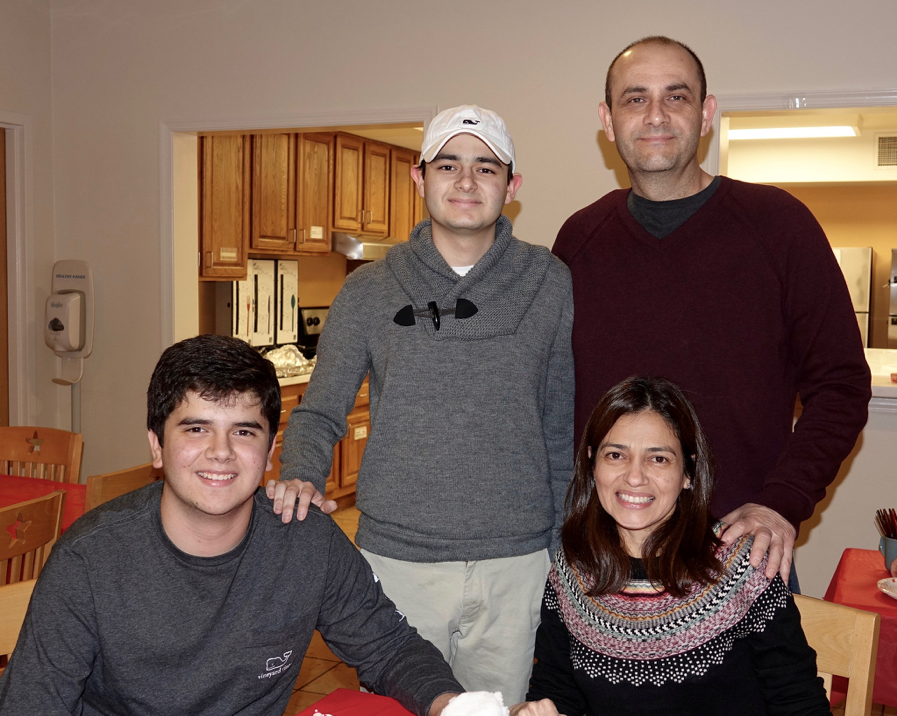
Physical and mental rest and joy are pivotal when dealing with a rare disease, for both patients and family members. The Children’s Inn gave us a place to relax and sleep. More importantly though, it provided avenues for us to rest our minds through activities and field trips for residents of all ages. At The Inn, I didn’t have to hide my illness and wasn’t treated like an outcast for being completely bald, having to wear a facial mask and looking different. I was seen for the person I am, and I found strength and joy in my new community of friends.
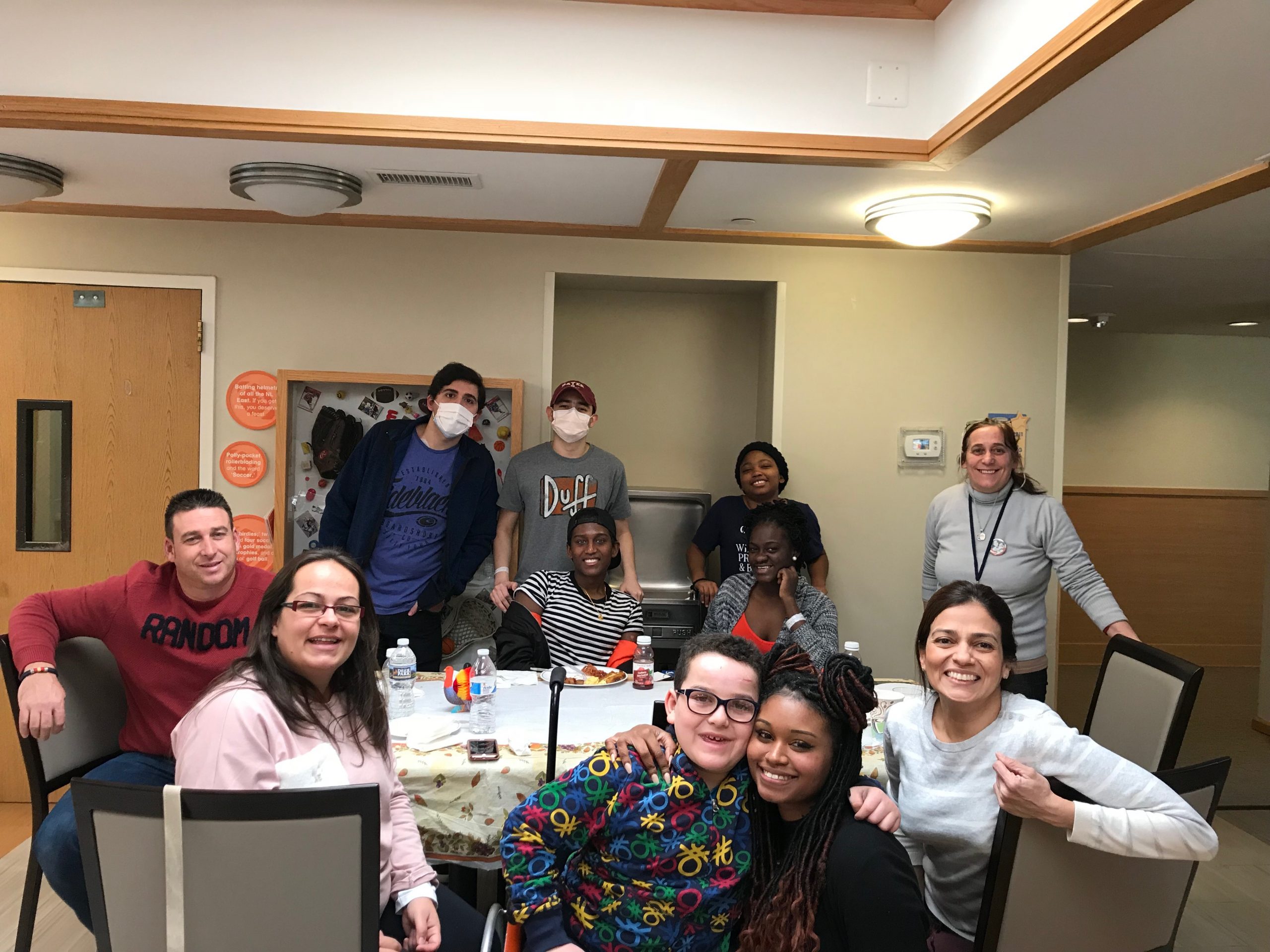
The Children’s Inn at NIH will forever hold a special place in my family’s heart. My family and I feel grateful not only for the opportunity to stay here and enjoy the very pleasant amenities but for allowing us to be part of its history and noble mission. It’s truly a beacon of love, where the inherent goodwill of humankind meets the endless resilience of this world’s most valiant warriors.
It has been a bumpy road, but the people I’ve met and the times I’ve shared with them have proven to me that the journey is the reward.
